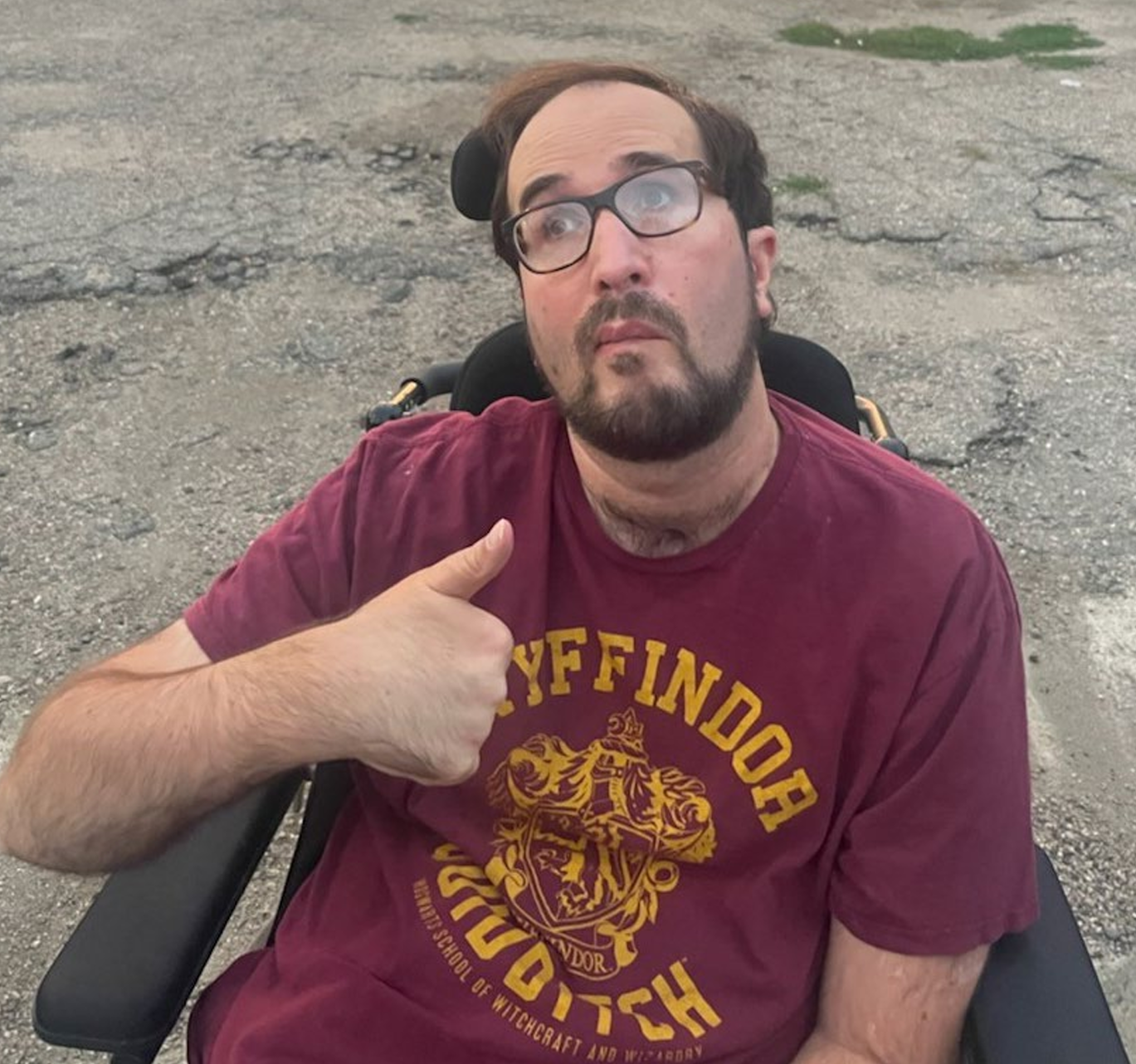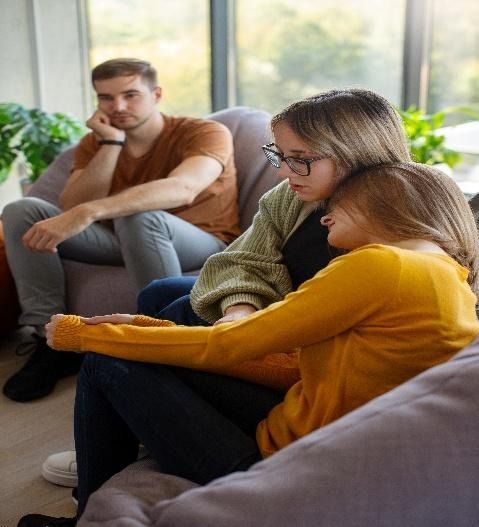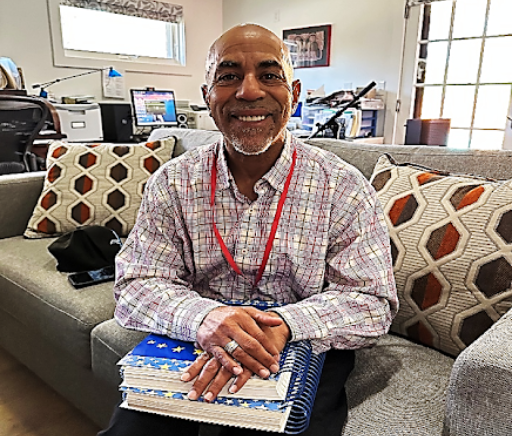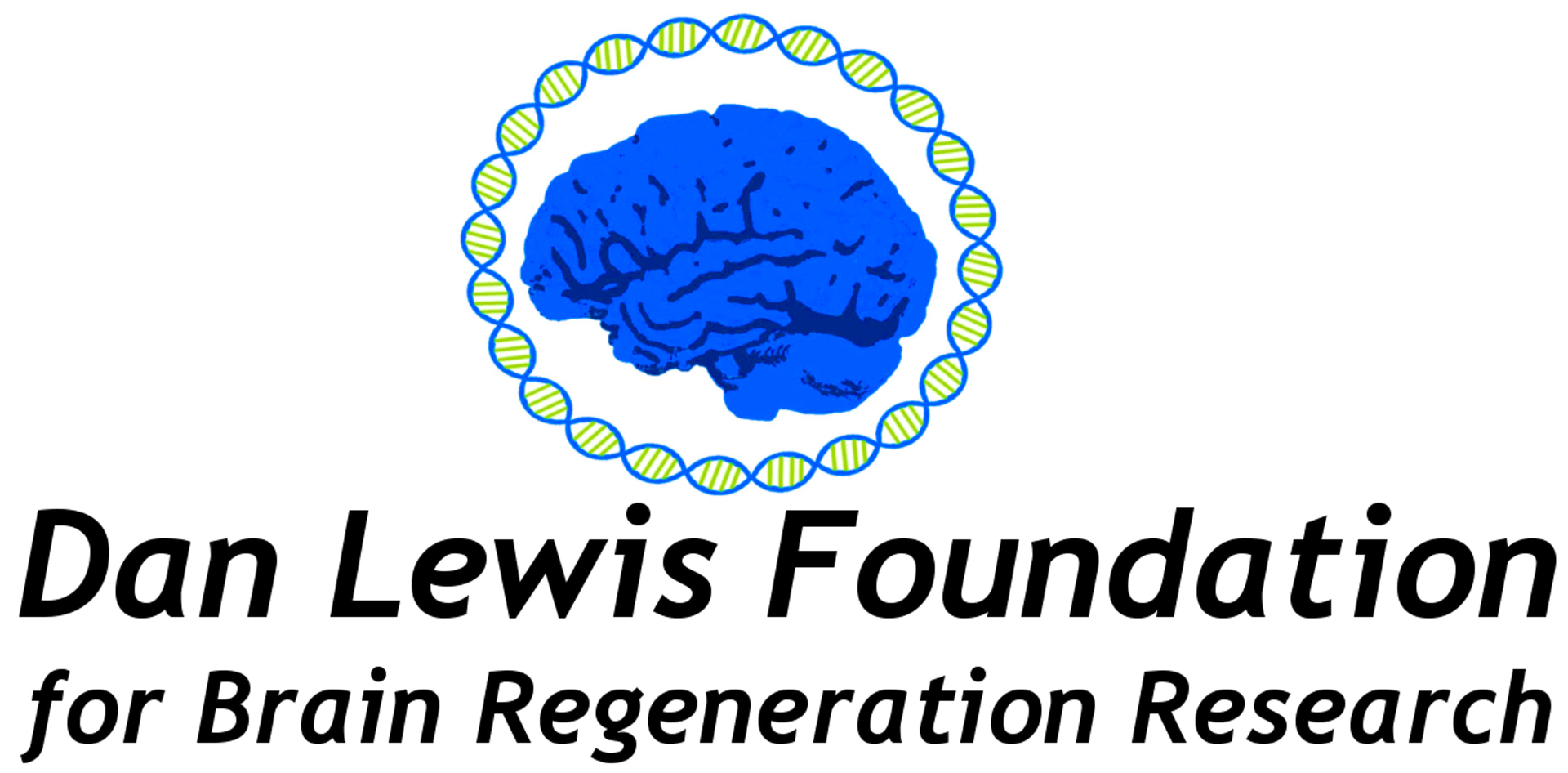The Dan Lewis Foundation and its mission are inspired by a remarkable young man and his dedicated family. During the summer of 2007, after his sophomore year at Yale University, Dan rode in a 4,000-mile bicycling challenge to raise funds and public awareness for Habit for Humanity. The event started at the edge of the Long Island Sound and was to end when the cyclists crossed the Golden Gate Bridge. Unfortunately, on July 7, 2007, six weeks into the ride and just past the 2,000-mile mark in Kansas, Dan was struck by a speeding motorist. Dan sustained catastrophic injuries, including severe traumatic brain injury.
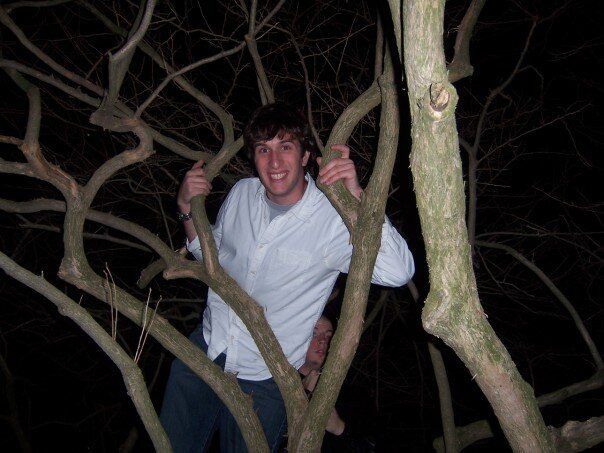
Dan endured many surgeries to address brain trauma, extensive internal injuries, and many broken bones. Survival was iffy; specialists and intensivists advised his family to “let him pass .” Dan was in a coma, his vital signs fluctuated dramatically, and indices of severe brain damage constantly appeared on the monitors that beeped and rang non-stop.
Though remaining in a coma, Dan came through multiple surgeries and difficult procedures. Finally, after four weeks and still comatose, he was deemed medically stable enough to be flown to Denver, his hometown.
For the next 11 months, Dan was an inpatient at five different hospitals, each equipped to handle his sudden medical emergencies and surgical needs as they emerged. He gradually regained a minimal level of consciousness which allowed him to be admitted to Denver’s Craig Rehabilitation Hospital, one of the country’s best for treatment, rehabilitation, and research for persons with spinal cord and brain injuries.
Over the years since Dan’s terrible initial injuries and despite early dire predictions about survival and prognosis, he has endured and slowly recovered rudimentary abilities. He has been through many medical ups and downs and a string of routine yet difficult procedures that must be repeated on a regular basis. However, he has never been a complainer and always tries his best in all activities and therapies. Dan is healthy now, can do some simple reading, spelling, addition, and subtraction, and can respond successfully to some verbal directions. He can speak single words and some short phrases. Dan had been an award-winning young cellist and can now pluck some basic patterns on his cello and use his bow with minor assistance. He participates in a weekly music class and is a key member of Spoke N Motion, an inclusive dance troupe with some dancers who use wheelchairs.
Despite Dan’s rewarding progress, the damage to his brain severely limits his everyday life, and he remains almost entirely dependent on family members, therapists, and attendants for care. As a result, the promise of Dan’s active, productive, creative life has been irrevocably altered.
The Dan Lewis Foundation is based on the hope that new advances and innovations in biomedical science— particularly research into small molecule medicines, genomically targeted nucleic acid medicines, and induced pluripotent stem cells--may one day lead to better outcomes for Dan and scores of thousands of other individuals with severe brain injuries. There is optimism now that science and technology have the potential to return better functional abilities to individuals with traumatic brain injury. Science and technology hold the promise to improve the lives of individuals with brain injuries and to positively impact the families and communities in which they live. We welcome your interest and support in helping advance the mission of the Dan Lewis Foundation.
